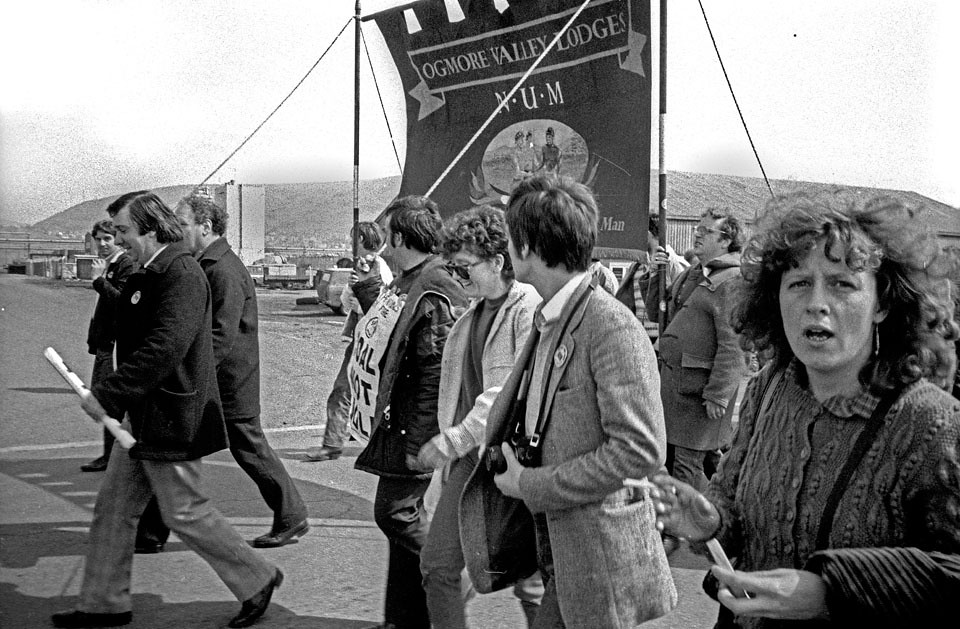A new report from Sheffield Hallam University reveals that former coalfield communities are still grappling with a shortage of quality jobs. The research, conducted by the Centre for Regional Economic and Social Research and commissioned by the Coalfields Regeneration Trust (CRT), is the third of its kind following previous studies in 2014 and 2019.
Despite job growth in these areas since the Miners’ Strike in 1984, the pace has lagged behind that of main regional cities. For every 100 residents of working age in former coalfields, there are only 57 employee jobs, substantially lower than the national average of 73 and the 88 found in major regional cities. This has resulted in many residents commuting to work in neighbouring towns and cities.
The report also highlights that the quality of jobs in former coalfield regions falls short when compared to other areas. Over half of the employed residents work in manual occupations, and average hourly earnings are approximately 6-7 per cent below the national average.
Warehousing has notably become a prominent employer in some coalfield regions, employing nearly as many people as the coal industry did before the 1984/5 strike. However, the younger and more qualified demographics often relocate for better opportunities, leading to an aging population with poorer health in coalfield communities.
Professor Steve Fothergill, co-author of the report, commented on the findings: “Britain’s coalfields have moved on since the job losses of the 1980s and 90s… But the full benefits of job growth have not always filtered through to local residents, leaving behind many people and communities.”
The study suggests that, taken together, former coalfield areas could be considered the most deprived region in the UK. The CRT is urging government action to foster economic growth in these communities.
Linda McAvan, chair of the Coalfields Regeneration Trust, added: “We are seeing positive steps towards improving the economy in the former coalfields – however it is concerning that our progress is slower than in other parts of the country… We are keen to work with political decision makers at all levels so that we can enable our communities to reach their full potential.”

















